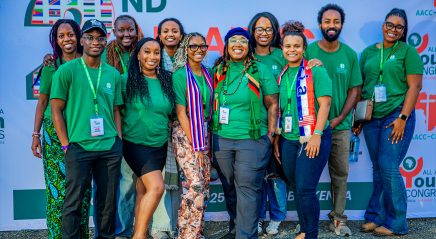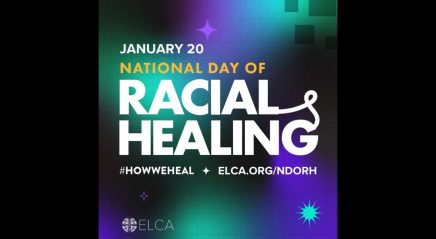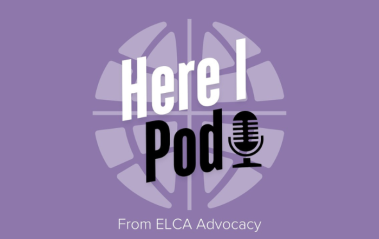At the ELCA Churchwide Assembly in New Orleans, Aug. 8-13, voting members will consider several proposals, known as memorials. One memorial under consideration calls upon the ELCA to deepen relationships with Historic Black Churches.
One of the memorial’s recommendations is “to encourage congregations to initiate and/or continue their efforts to strengthen and expand partnerships with Historic Black Churches.” Lutheran Church of the Resurrection in Cincinnati, a predominantly white congregation, has already begun this process. They reached out to nearby Allen Temple African Methodist Episcopal (AME) Church to form a stronger relationship.
This partnership began June 16-17, when the two congregations worshiped together to commemorate the one-year anniversary of the shooting at Mother Emanuel AME Church in Charleston, S.C. Each congregation hosted a service.
During his sermon at the prayer service at Allen Temple, Henry Zorn, pastor of Resurrection, spoke of the significance of a relationship between the two congregations. Zorn said these services “should lead to fellowship and then to storytelling and then to dialoguing the hard questions of race, and finally to the solidarity that God desires of us.”
For Resurrection, these prayer services were the first step to improving race relations in Cincinnati. Zorn is rallying the community around the words “silence condones, action transforms.” As Resurrection and Allen Temple deepen their partnership, Zorn said he hopes “we will become an example and a positive sign to our entire city of how healing can happen and relationships can be developed.” They want to inspire other Cincinnati ELCA and Historic Black Churches to build similar relationships and tear down the walls between races.
Resurrection and Allen Temple are also co-sponsoring a program called Undivided to encourage discussion about racial differences. The five-week program will group together members of different races to share experiences and encourage acceptance and community between the congregations.
It is partnerships such as this that the memorial at the Churchwide Assembly hopes to cultivate because, as Zorn declared during his sermon, “our communities, our city and our nation are begging for the message we have. It is time for us to step up and heal the divide.”








